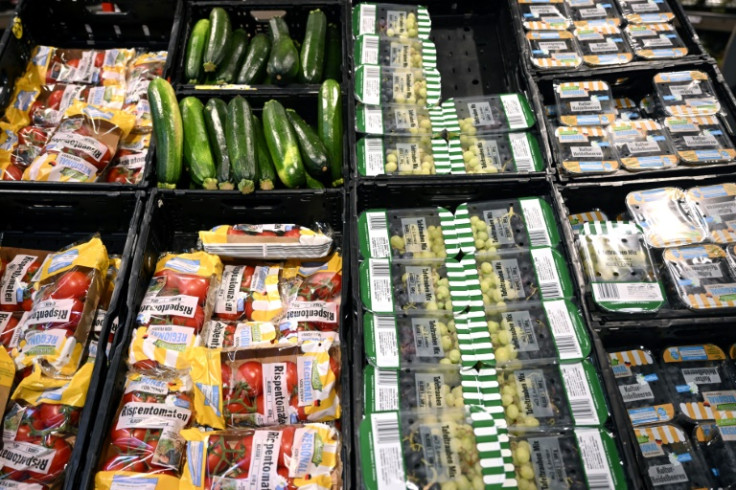Food Inflation In South Africa Continues To Remain High – Report

The Competition Commission, a government agency, disclosed that food inflation continues to remain high in the new Essential Food Pricing Monitoring (EFPM) report.
According to the report published on Wednesday, food inflation remains at nearly double the overall inflation rate. It explained that South Africans can see the "rocket and feather" effect in maize meal, cooking oil and bread, fresh milk, and local beef.
Rocket and feather effect means when the prices go up like rockets but while coming down, it decreases the speed like a feather.
The government agency noted that it is actively monitoring essential food prices and looking into the factors that are contributing to increased costs.
"This ensures transparency regarding the profit margins set by producers and retailers of these products. With upstream commodity prices declining in the first half of 2023, the Commission is now focusing on how quickly this translates into lower prices for consumers," it said, SA News reported.
The Commission went on to share that the competition authorities in Canada, Ireland, and the United Kingdom have also shared similar reports of their countries regarding high food inflation, adding that these reports showed trends in retail profits over the past three to four years.
"When comparing their findings to South Africa, we notice that local retailers are much more profitable than their counterparts in these countries," it mentioned. "This could be due to various factors, including differences in the level of competition."
While in the United Kingdom's market retailer margins are decreasing, South Africa retailers have increased their margins between 2019 and 2022." However, recently a reduction in the margin has been seen due to load shedding costs.
The department further shared that this EFPM report also features an "overview of the work that has been done by other researchers, who have found evidence of the rocket and feather effect in local staple food value chains reviewed, where prices rise quickly during inflationary periods and decline slowly when inflation subsides."
Previously, data by government agency Statistics South Africa (Stats SA) disclosed in April that food Inflation in South Africa surged to 7.1% in March. As inflation continues to rise, South Africans will have to pay more for goods, especially food and non-alcoholic beverages.
Food prices in the country continue to accelerate with costs increasing by 14% in the last one year. This upward trend represented the biggest annual increase in the last 14 years.
© Copyright 2025 IBTimes ZA. All rights reserved.





















